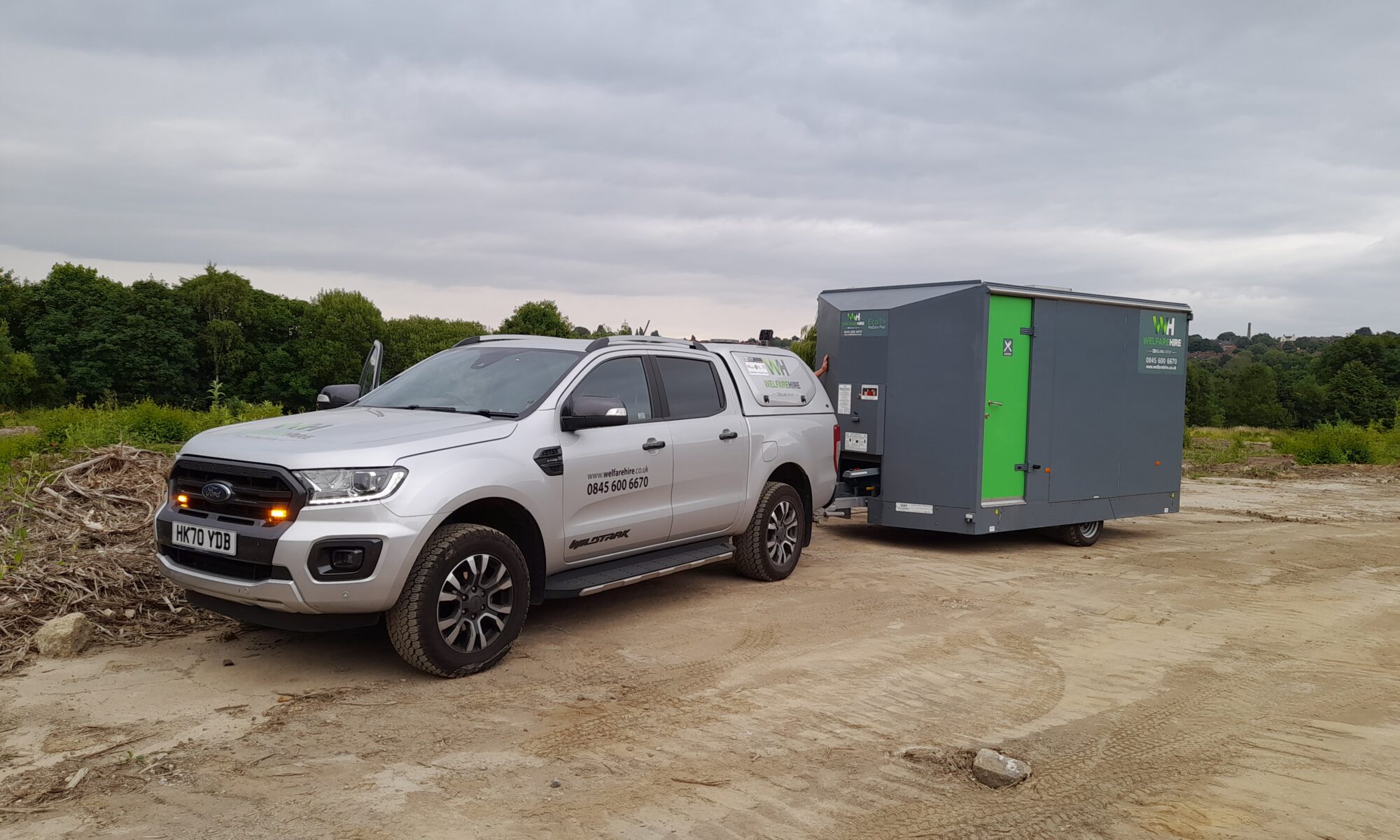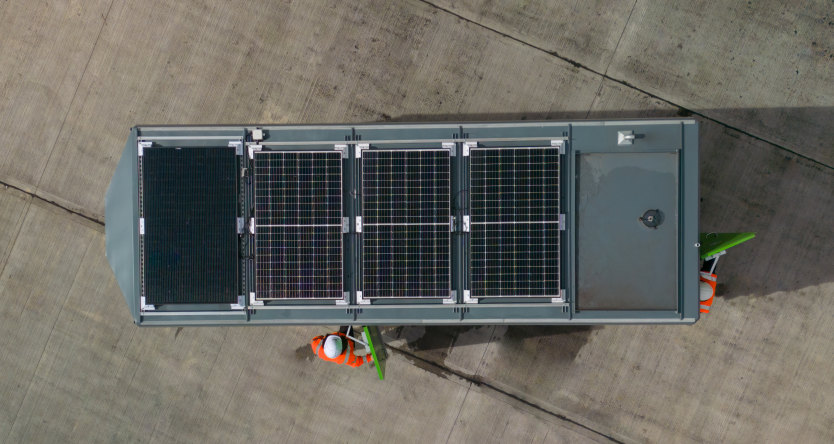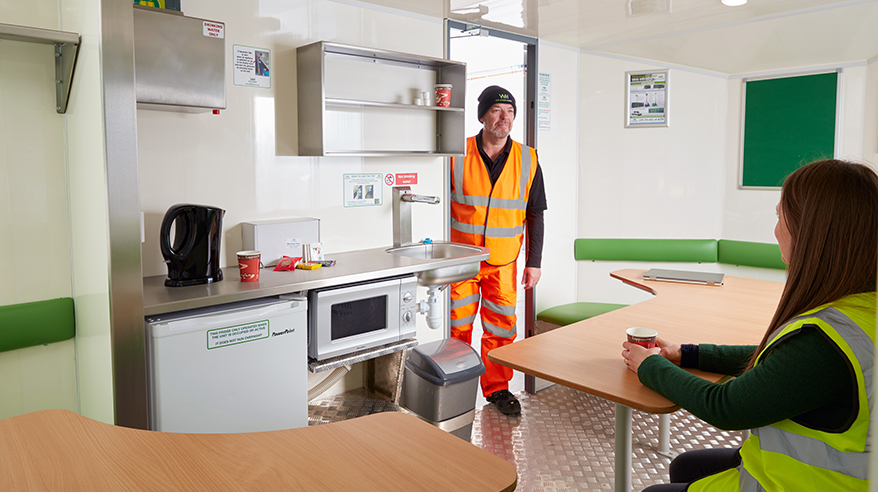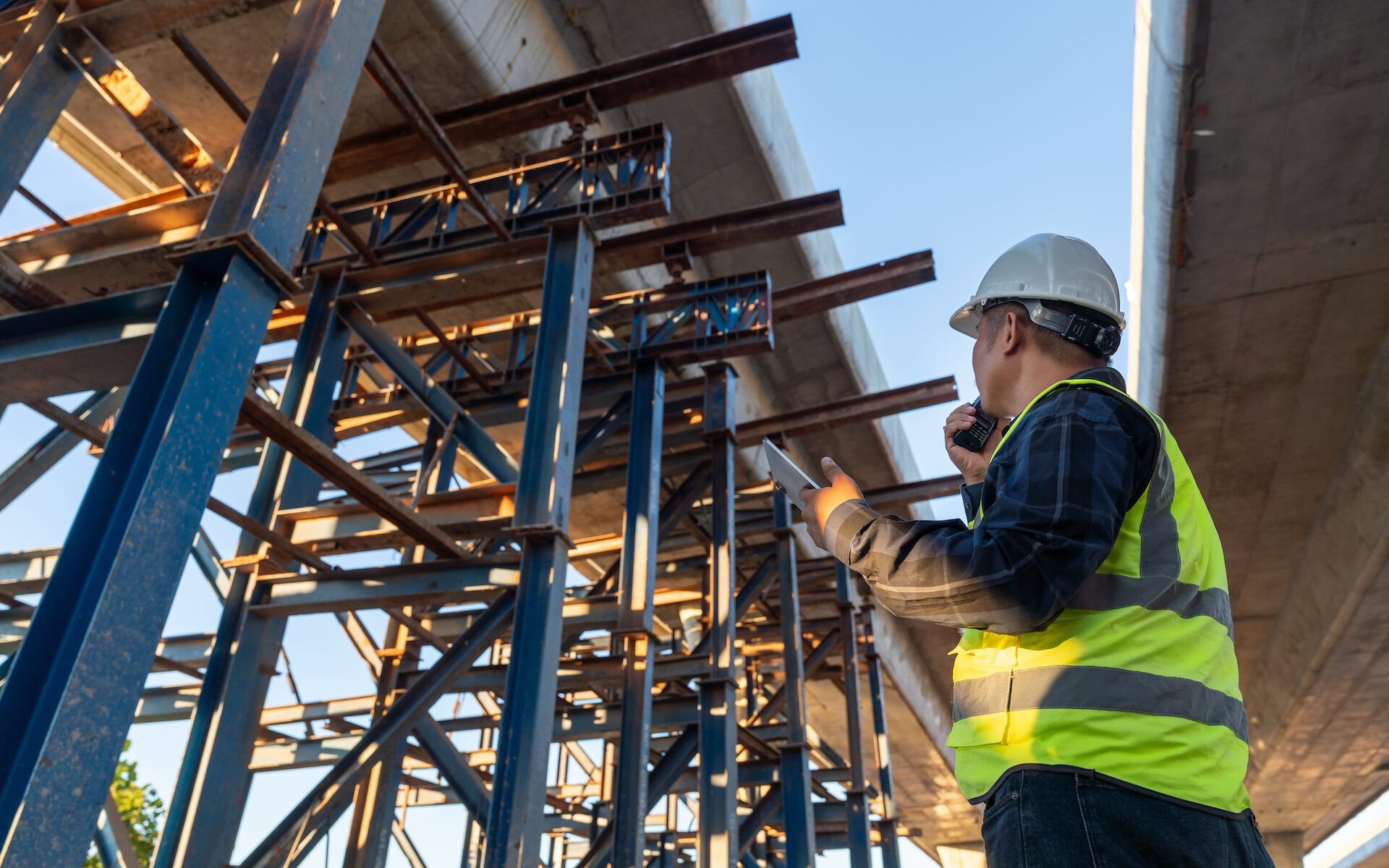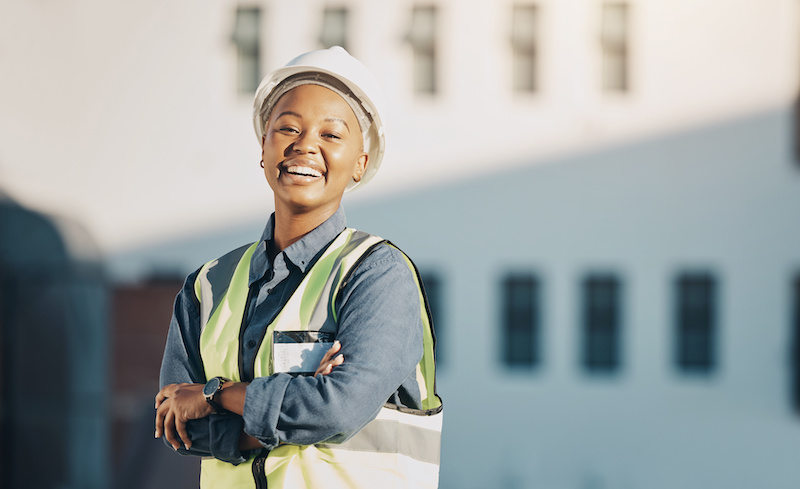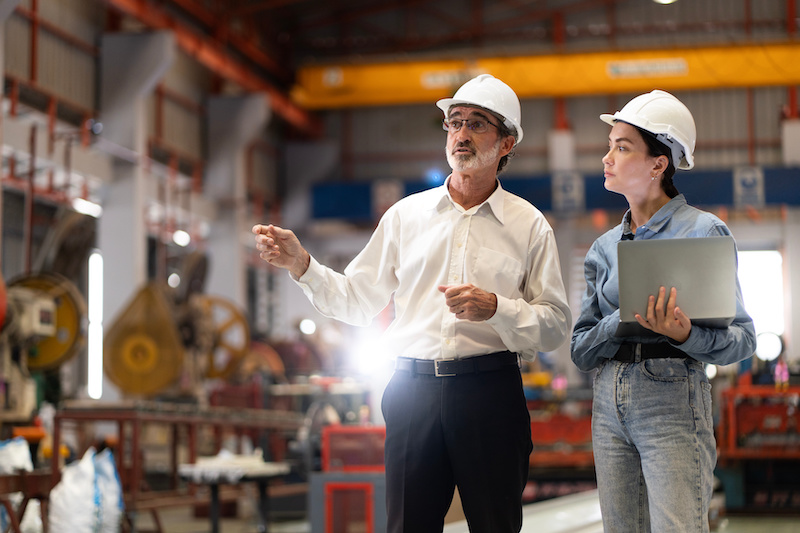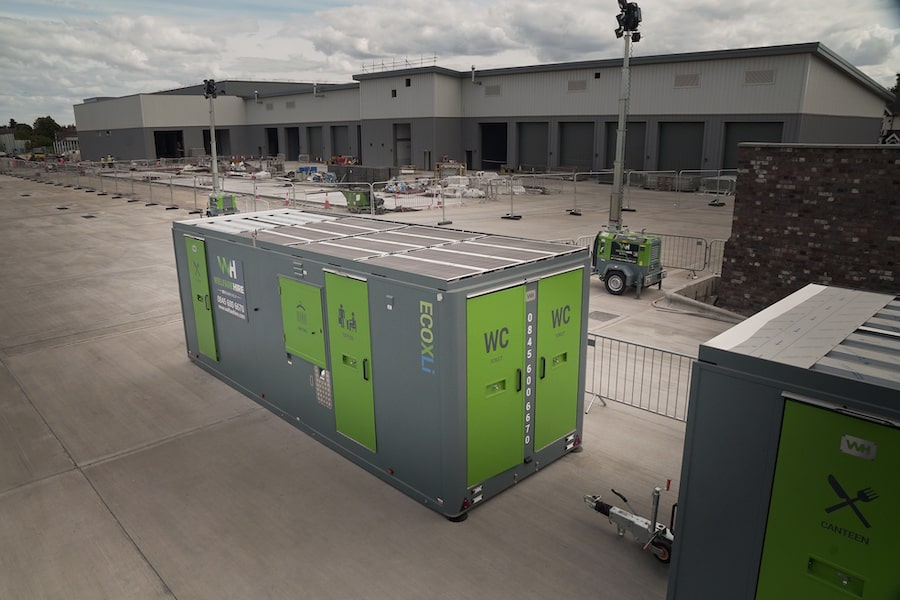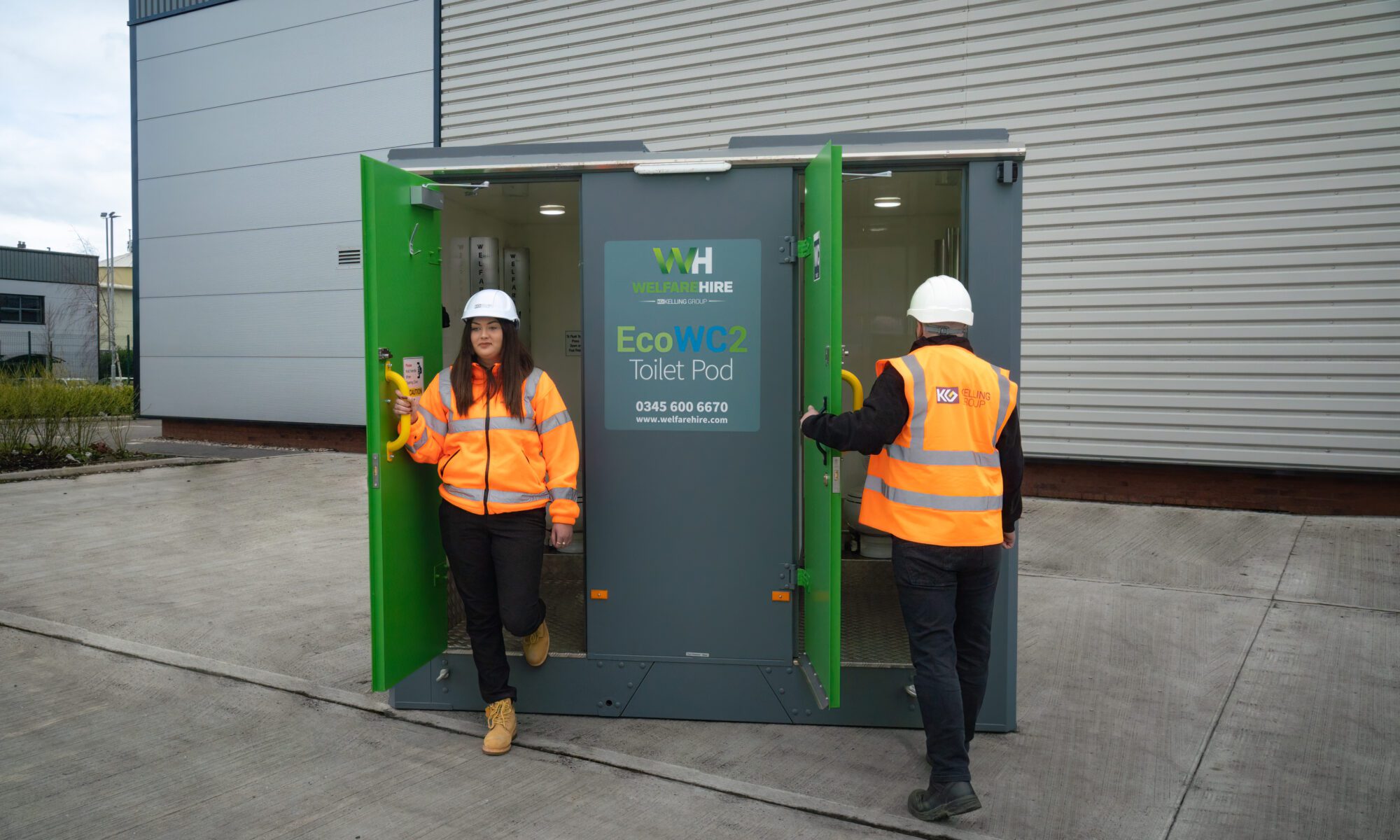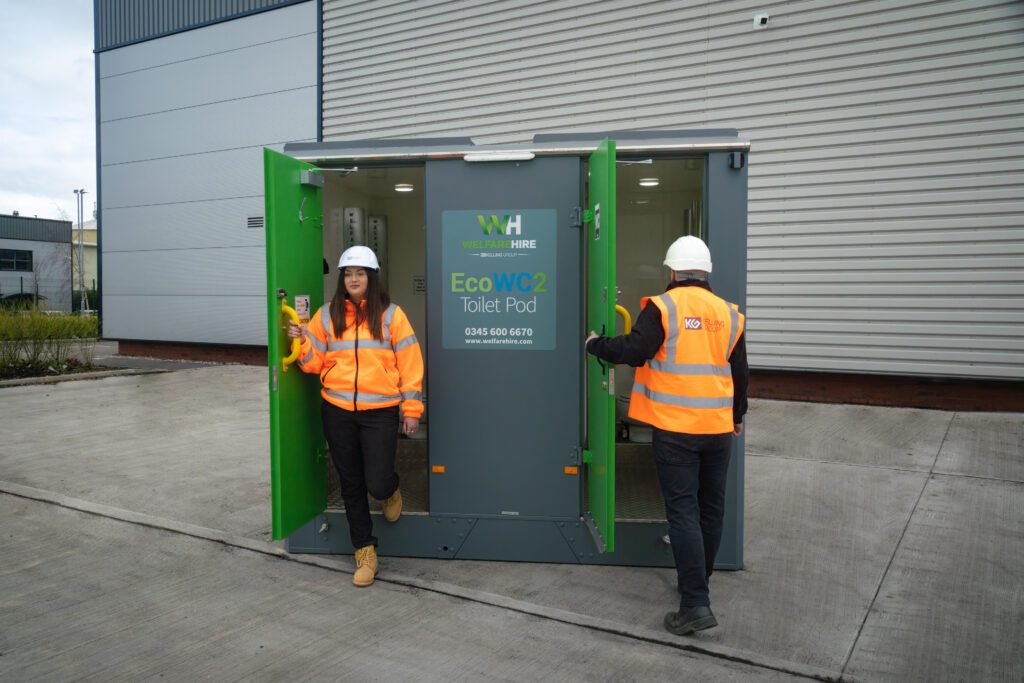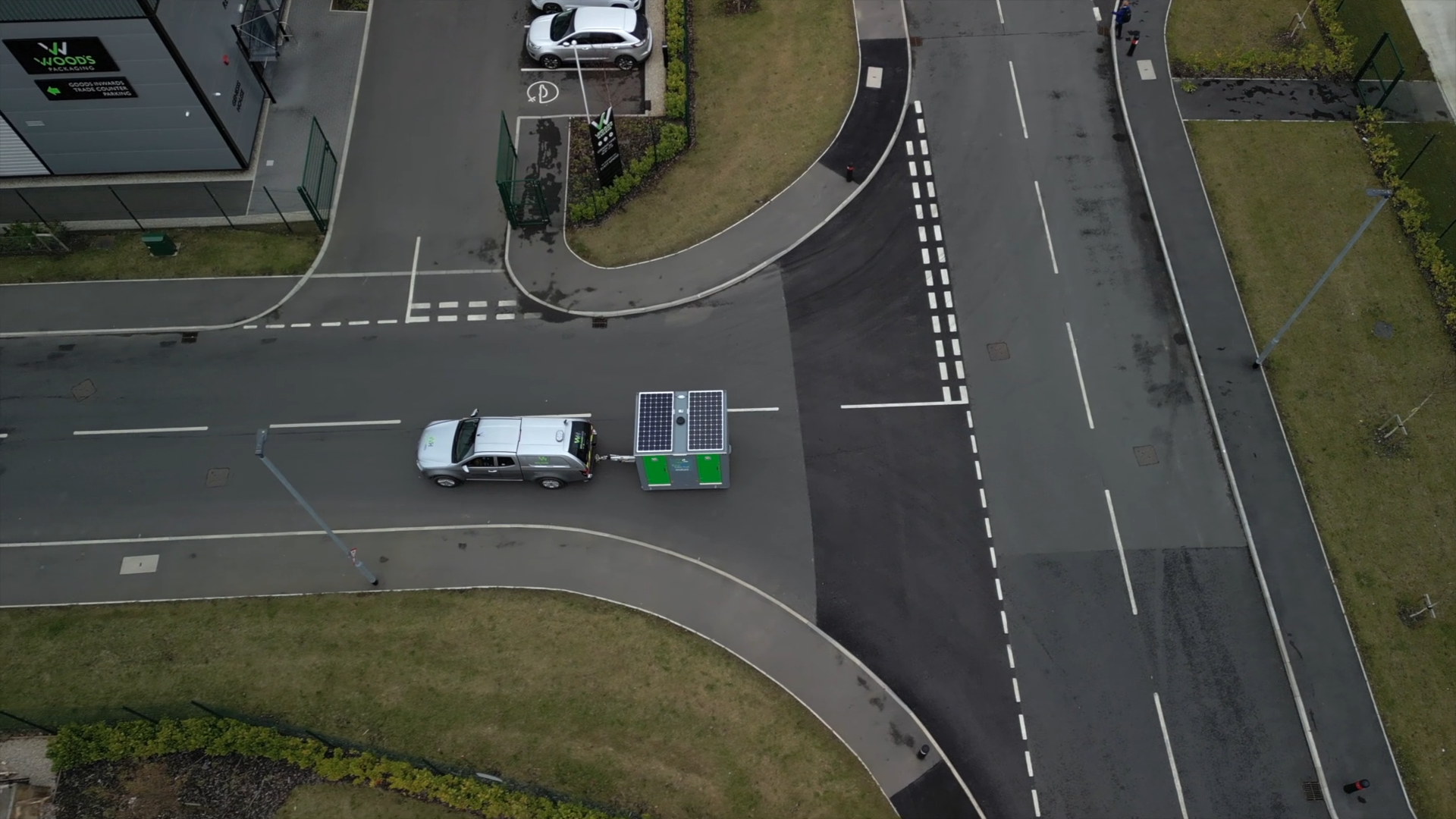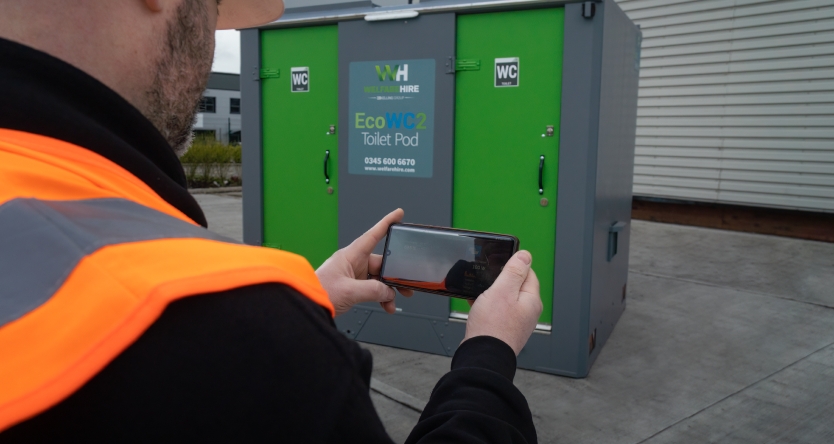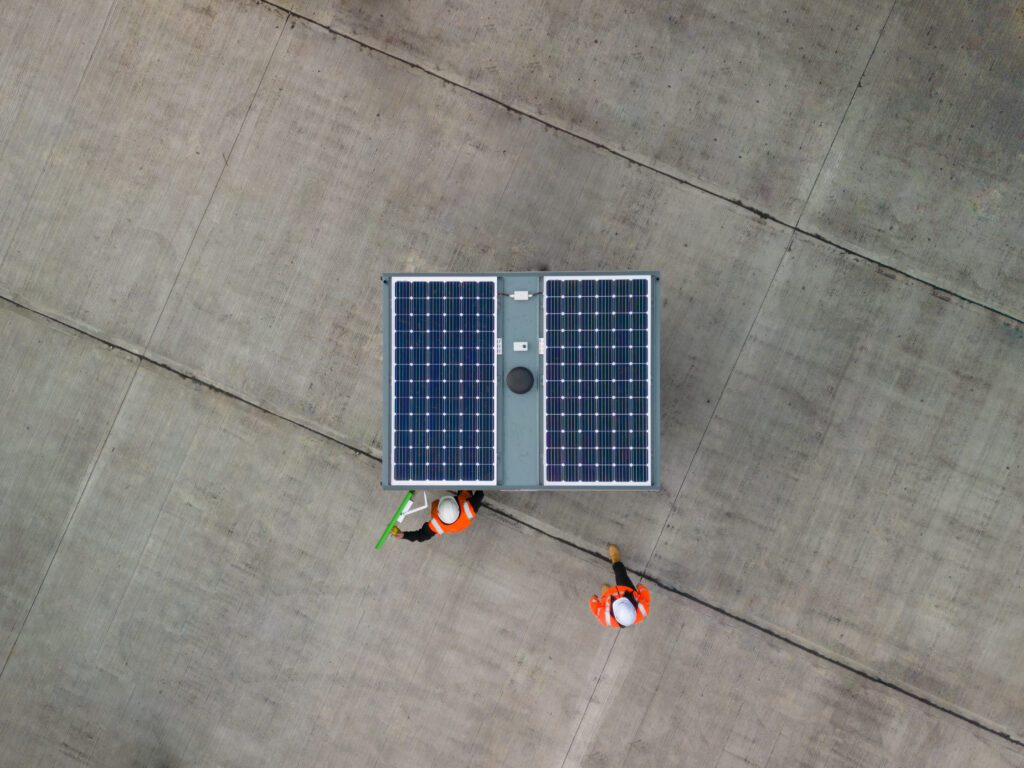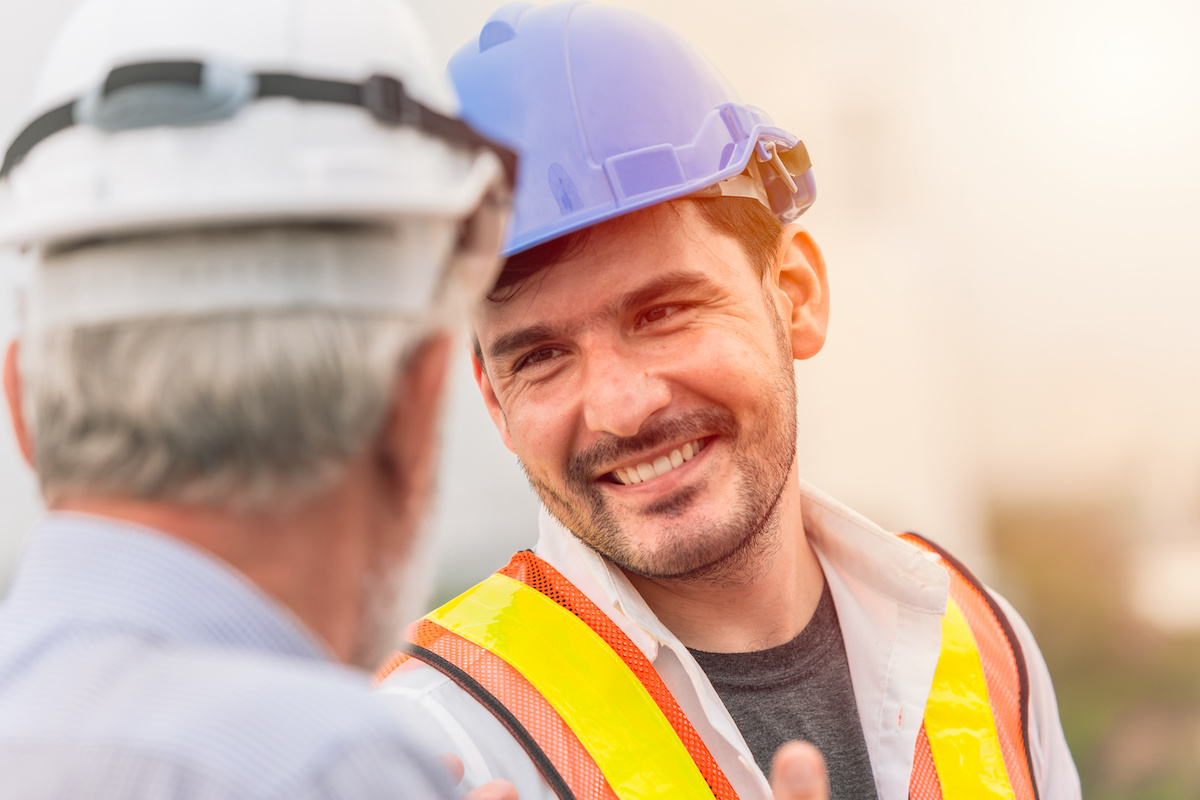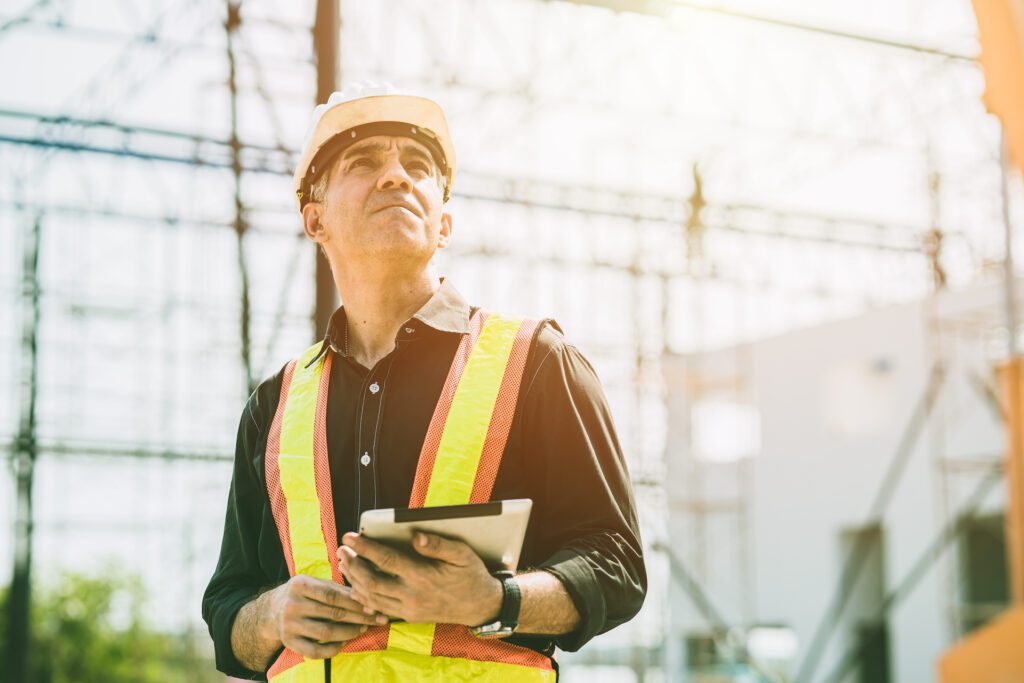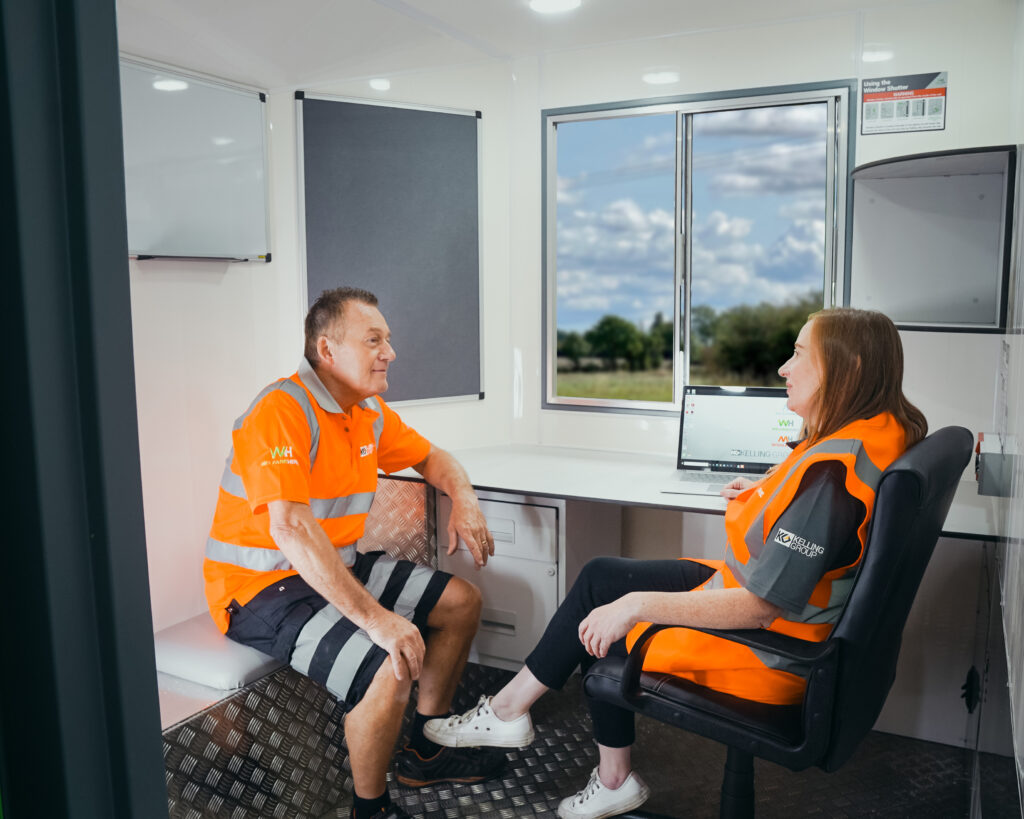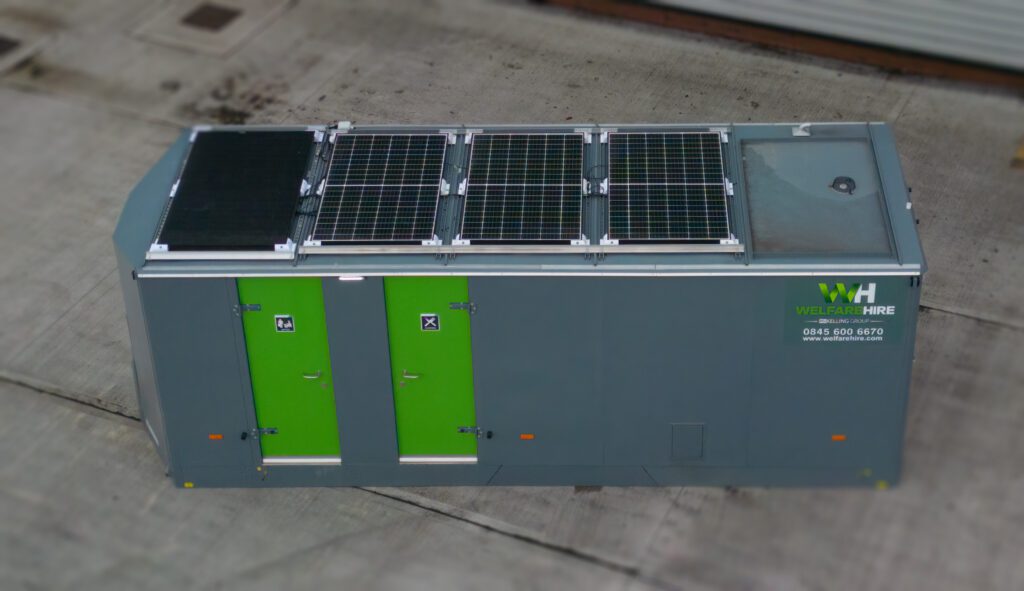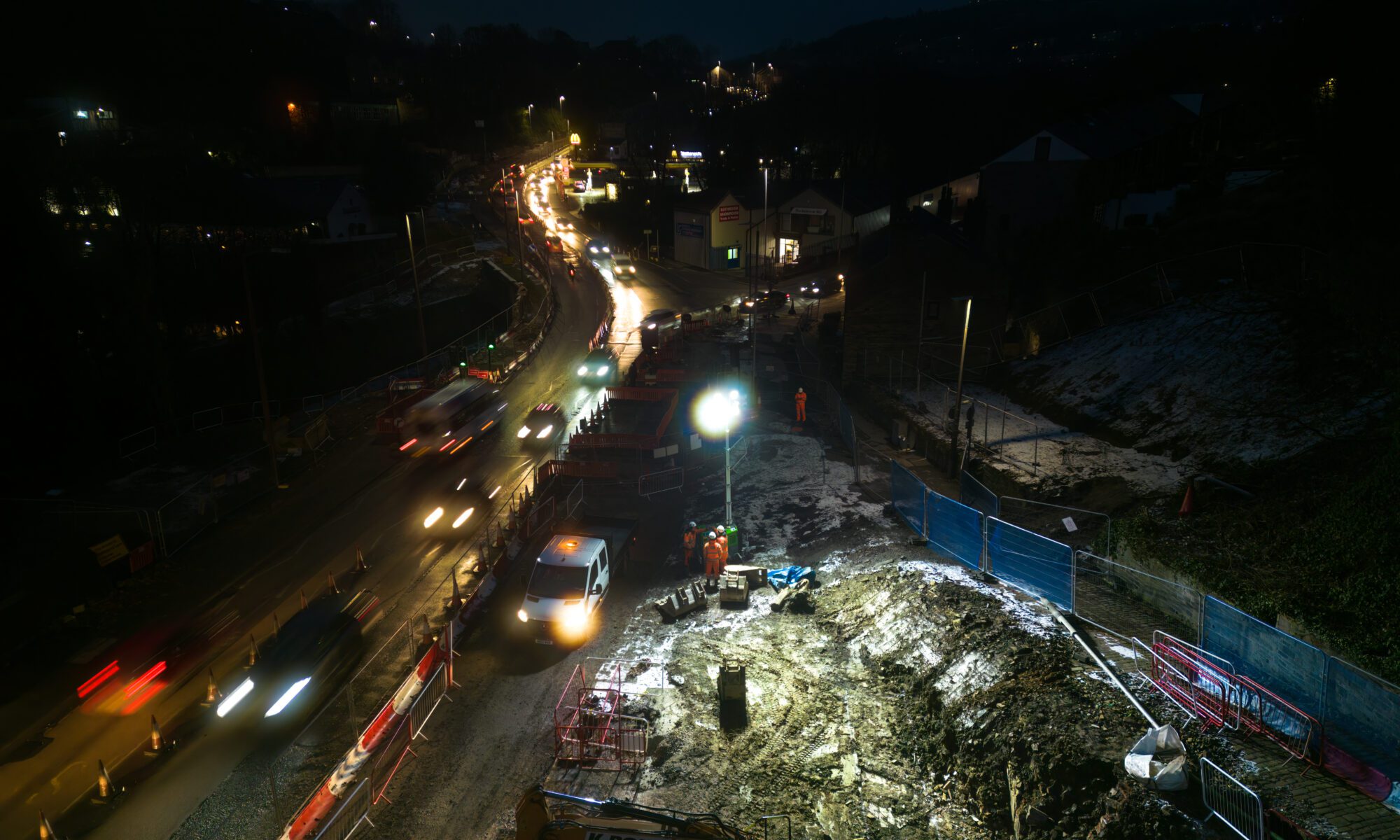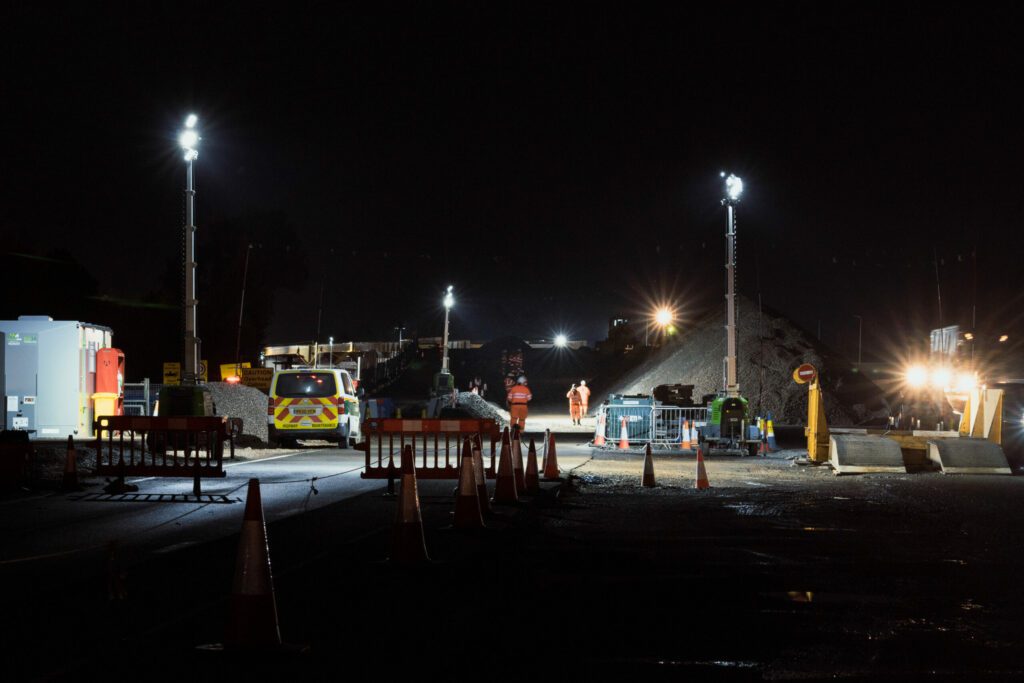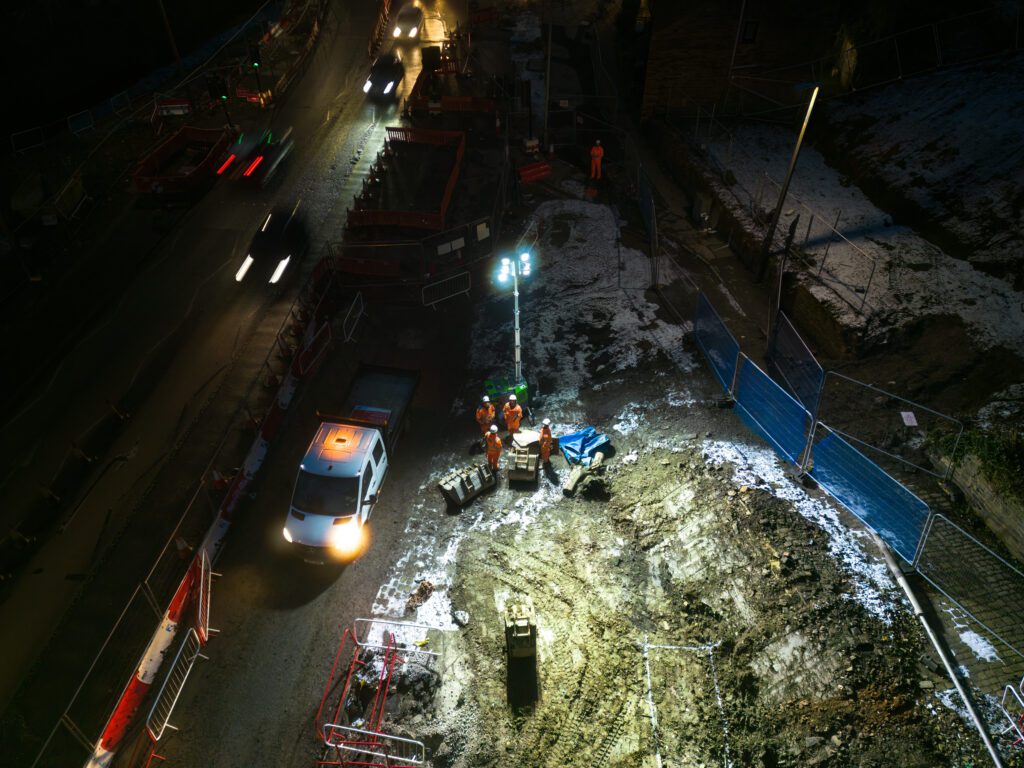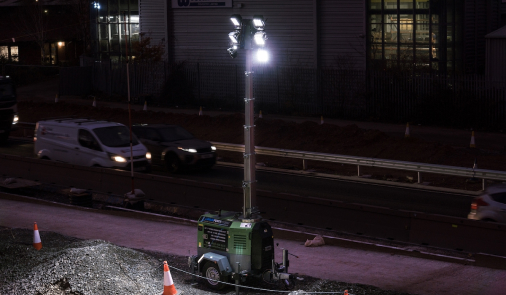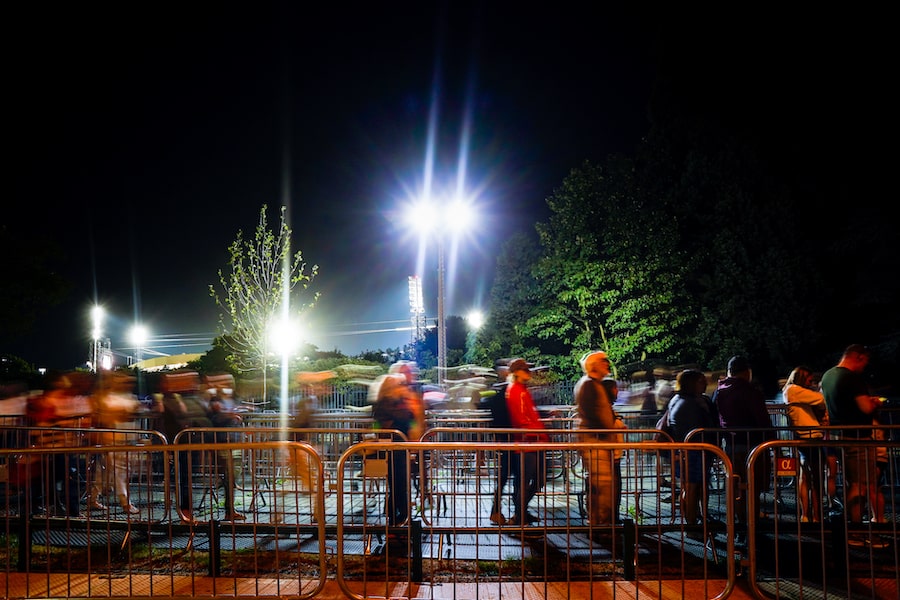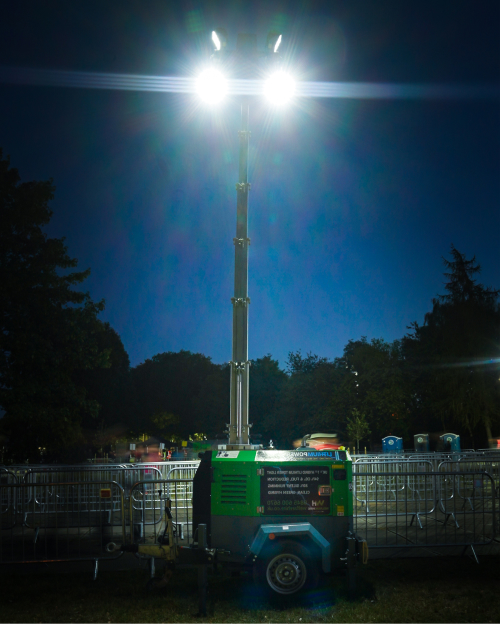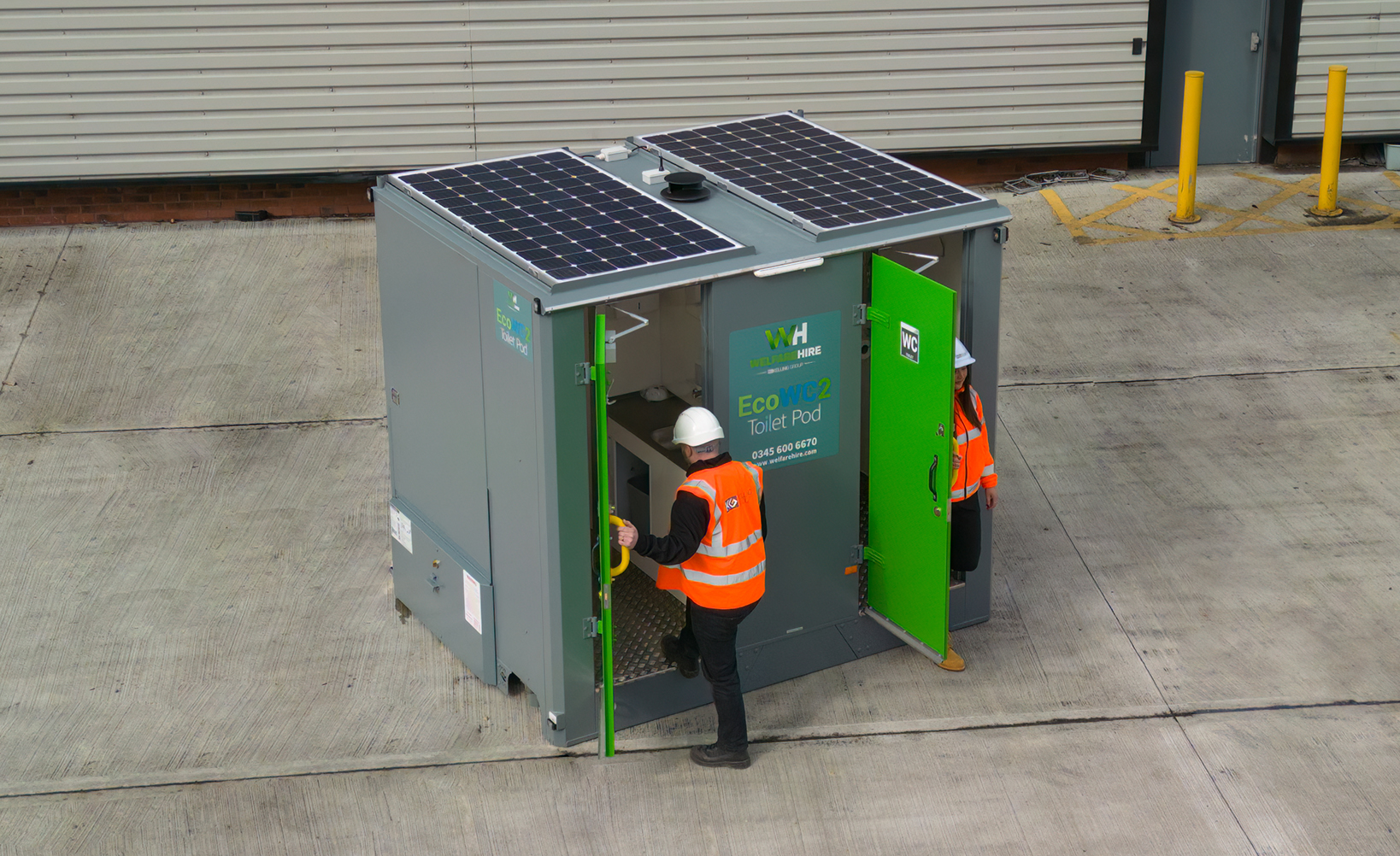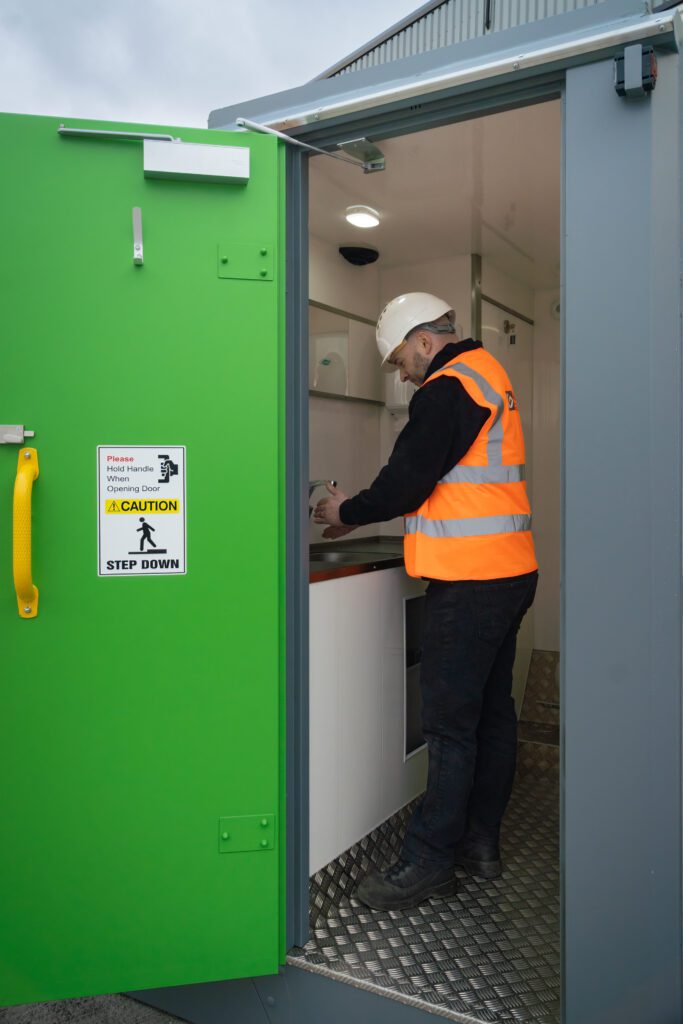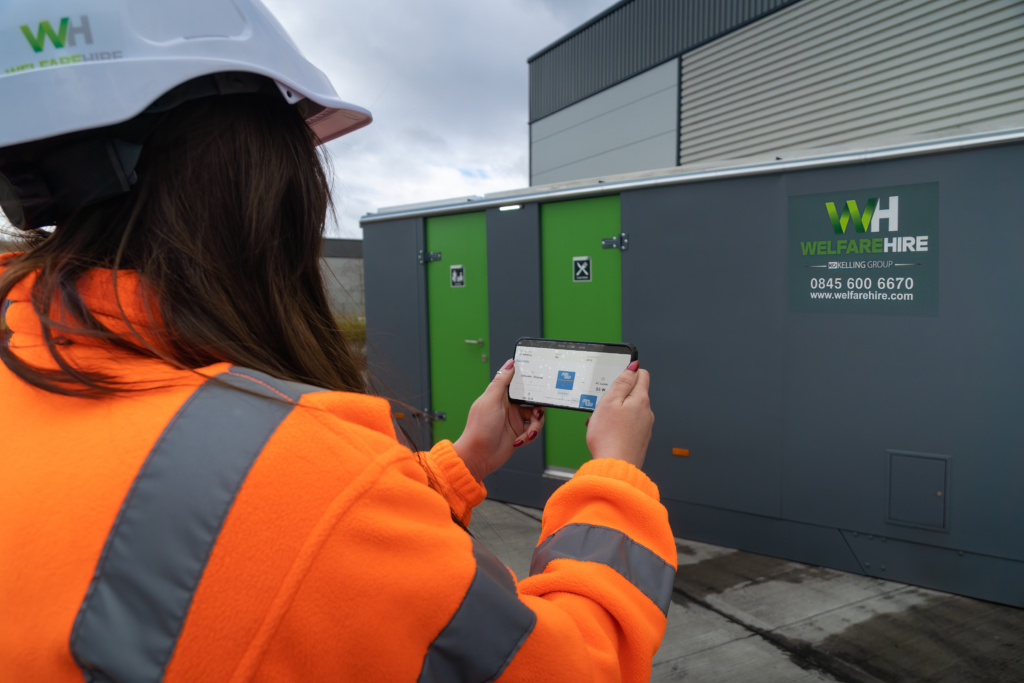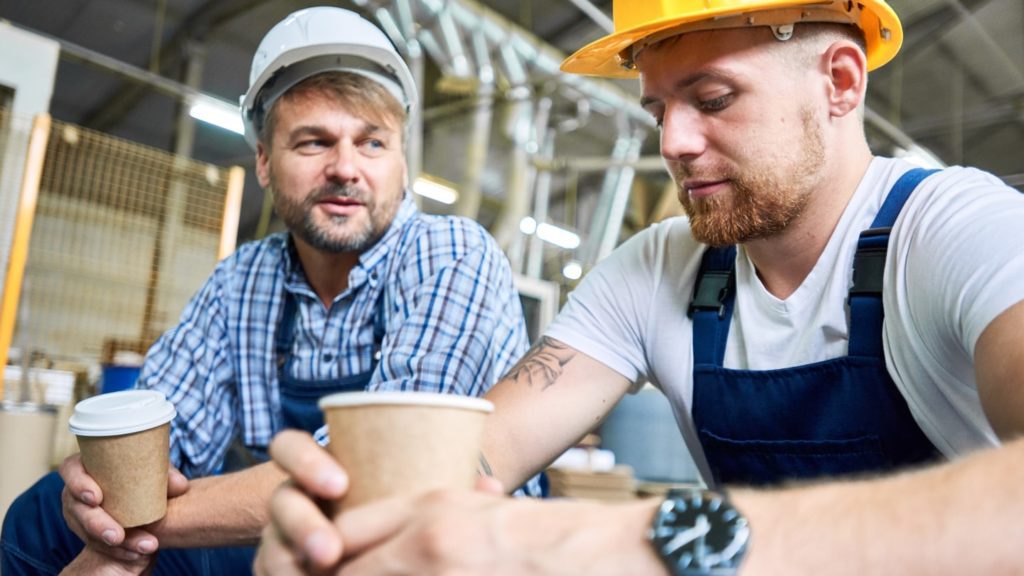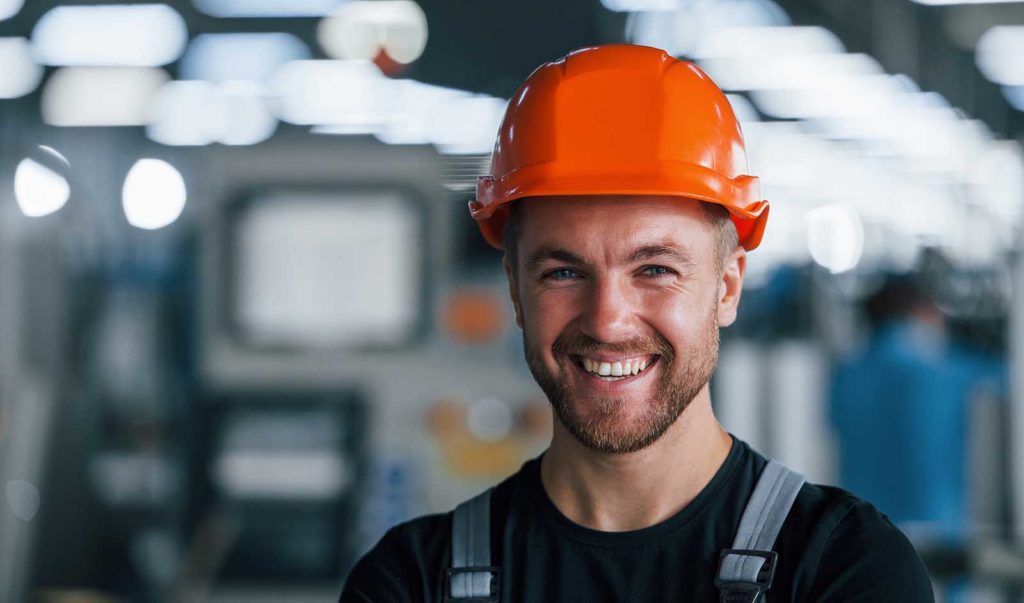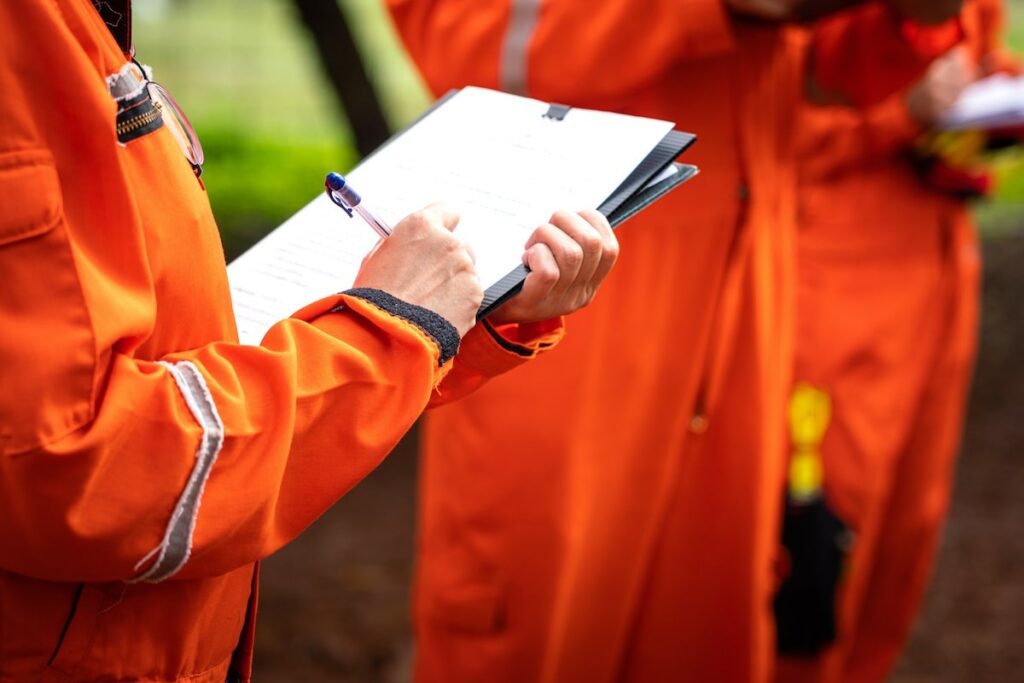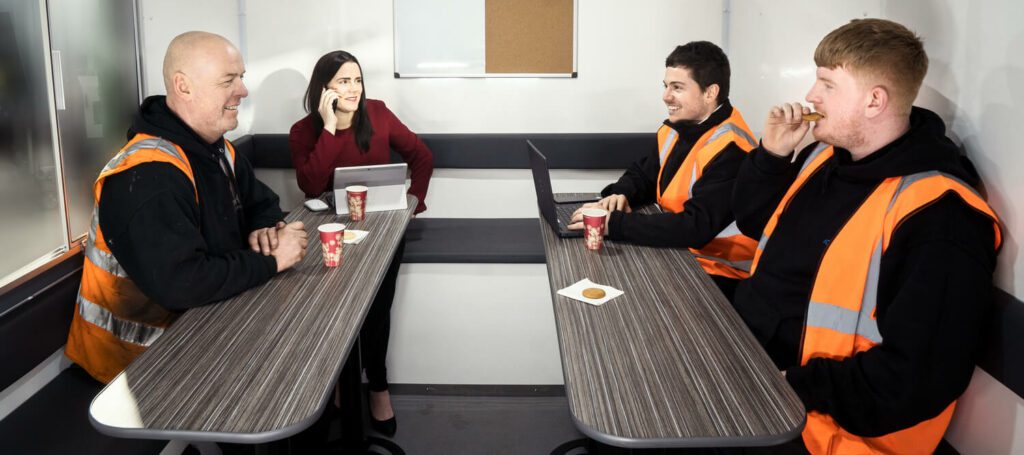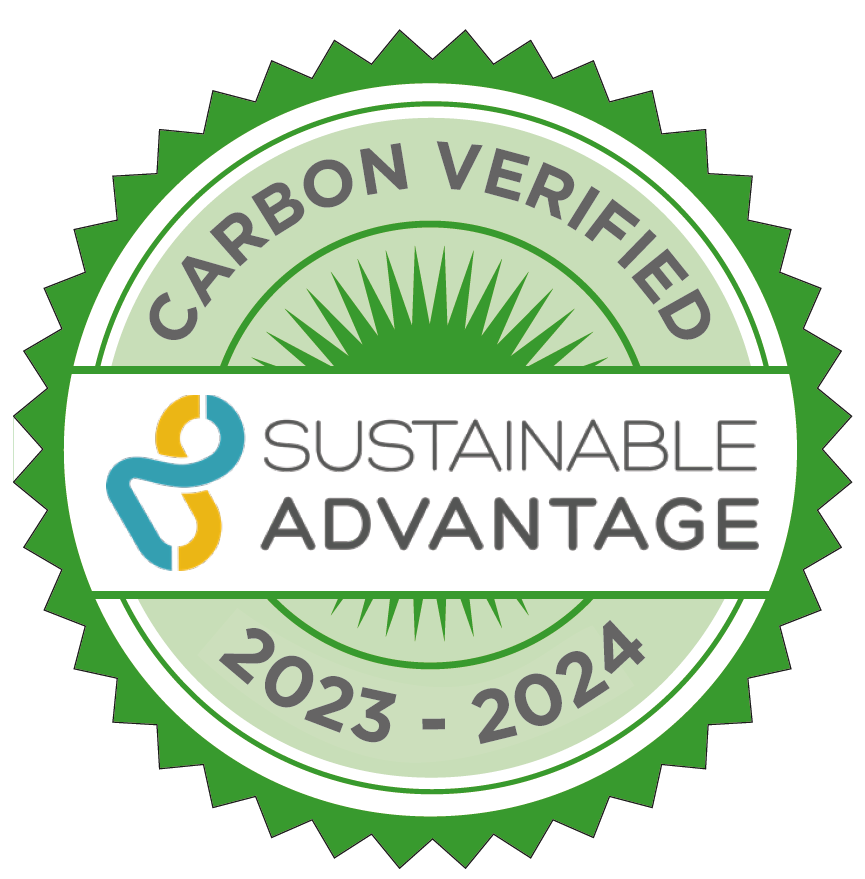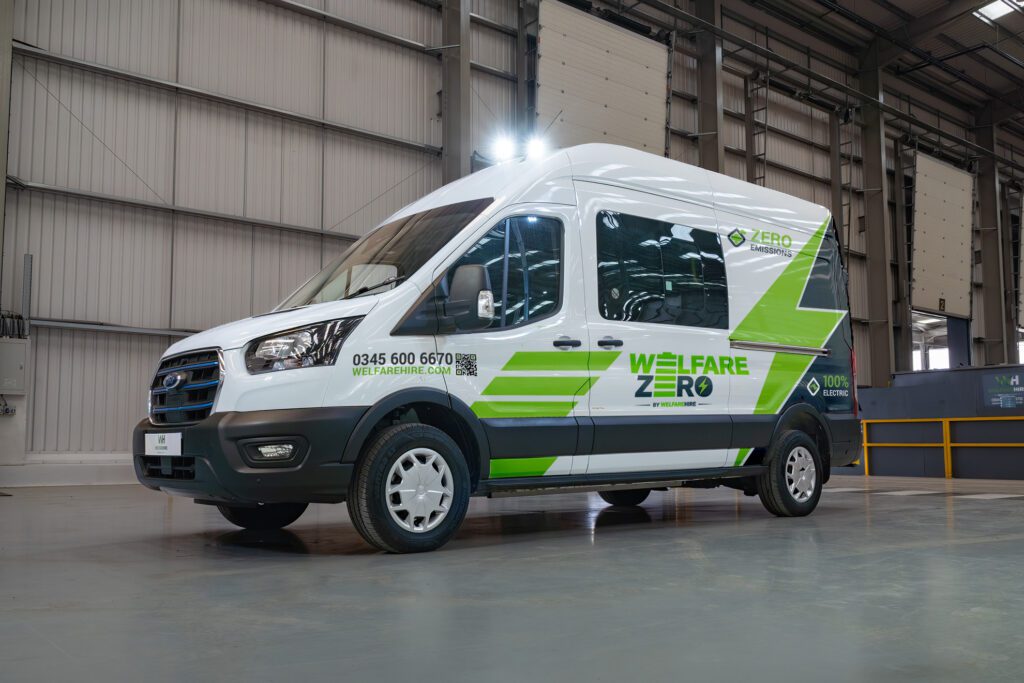Imagine running your strategic equipment with completely clean energy.
No emissions from energy sources, no expensive running costs.
For many contractors, this is an almost irresistible prospect. Especially given that projects are under increasing pressure to become more sustainable – with worksites currently responsible for nearly 4% of all energy usage worldwide.
But while some providers advertise their units as meeting this goal, there is only one that actually delivers – and that is Welfare Hire.
the challenge of clean on-site power
A mobile welfare unit needs lots of power to properly run its various facilities: kettles, microwaves, fridges, power sockets, offices, heaters and more. This is why they have traditionally been a considerable source of carbon emissions and energy expenditure. While many welfare units can literally run without a generator, the level of energy needed means their power source gets sapped incredibly quickly, resulting in a requirement to turn off appliances and welfare facilities and undertake onsite recharging and maintenance
The Result:
Either the welfare unit stops running or users can’t use certain appliances… or both.
At best, this is a serious inconvenience. At worst, it could actively delay your project and fail to meet the legal requirements for welfare provision to provide warm water and means of heating drinks and food.
Moreover, to correct this, the cost and carbon footprint of remotely servicing these units with site attendance can actually produce up to 10 times more carbon emissions than simply using a backup genset in the first place, which is counterproductive when striving for bigger, better and greener welfare facilities onsite.
welfare hire solves this problem
So how do we deliver on both providing proper, modern welfare facilities and the best carbon reduction for a practical solution for modern ESG goals?
Welfare Hire’s mobile welfare units deliver both silent, green energy and reliable running. Our innovative units, such as the EcoXi, run on next generation solar/lithium battery hybrid power, with capability to cover 100% of the onboard power requirements for the majority of requirements. However, we also recognise that there are many variables onsite affecting solar yield, as well as power demand as project requirements are dynamic, especially in the darker, colder months.
That’s why we fit our welfare units with a backup biofuel generator to cover any potential recharge requirements. As a result, there is zero risk of the units running out of energy – and your project can go on unimpacted. In fact, this guarantees provision of the largest, most modern welfare facilities in the market.
Better still, the smart eco system features auto start/stop power management that enables users to easily control the usage of energy, avoid wastage and proactively manage the power supply without creating extra complications.
Don’t compromise on performance
The result is the best of both worlds: optimal silent, green running with bigger, better welfare facilities. And with unrivaled volumetric data and reporting from real sites performance, the benefits of our smart ECO systems can be quantified. A single week using the EcoXi instead of a standard welfare unit saves your site £163, 109 litres of fuel and reduces CO₂ emissions by 151 kg.
This translates into dramatic savings on larger, longer projects. Using three units across sixteen weeks would save nearly £8,000, over 5,200 litres of fuel and over 7,000 kg of CO₂! Use our eco-calculator to estimate your energy savings:
Like what you see?
Your site could make the switch within days, and start seeing measurable improvements to your ESG scores and bottom-line immediately.
